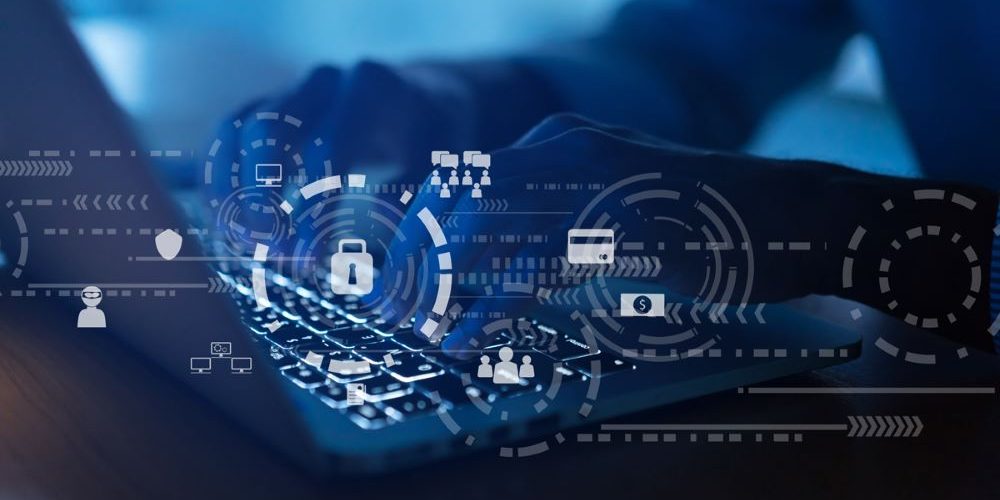In every field, it’s important to learn from your own mistakes and from the mistakes of others. But cybersecurity is one of those areas that almost can’t function at all without intelligence sharing. Why? The answer lies in the simple fact that cybercriminals constantly try to find and exploit new software vulnerabilities to carry out their attacks. This means that cybersecurity experts need to keep up and fix these vulnerabilities as soon as they are found, which is impossible to do without threat intelligence sharing.
Table of Contents
Why is cyber information sharing important?
There’s lots of room for cybersecurity professionals to be proactive when it comes to preventing cyber attacks. For instance, things like penetration testing are some of the most effective methods of preventing cyber attacks. However, without widespread cyber intelligence sharing, it is virtually impossible to prevent and stop future hacker attacks. Hackers usually share information about software and network vulnerabilities freely, so one attack can quickly turn into hundreds and even thousands, which is why it is important for white hat cybersecurity professionals to also share cyber intelligence to help others prevent attacks.
Unfortunately, there are privacy and security concerns that companies have when it comes to sharing information with other entities. Companies and organizations are far more likely to share sensitive cybersecurity information with trusted partners and behind closed doors than openly with a wide range of businesses. Some large companies even agree to collaborate and share cybersecurity intelligence to improve their overall preparedness, level of security and response times.

How does cybersecurity intelligence sharing work?
As we’ve said above, some companies prefer not to share cybersecurity information because of concerns about potential legal troubles, retaliation from hackers or intellectual property leaks. Luckily, there are many intelligence sharing solutions that help mitigate these concerns, allowing for secure, anonymous and efficient cyber intelligence sharing. For instance, there are several forums and even secure servers set up by intelligence companies where cyber intelligence information can be shared freely and anonymously. The downside of peer-to-peer intelligence sharing networks is that they make it very difficult to coordinate organized cybersecurity responses.
At the same time, there are several government entities that facilitate cyber information sharing. This includes Automated Indicator Sharing from the Department of Homeland Security, InfraGard – a non-profit organization that combines the cyber intelligence resources of FBI and businesses in the US, the Defence Cyber Protection Partnership in the UK and many more.
